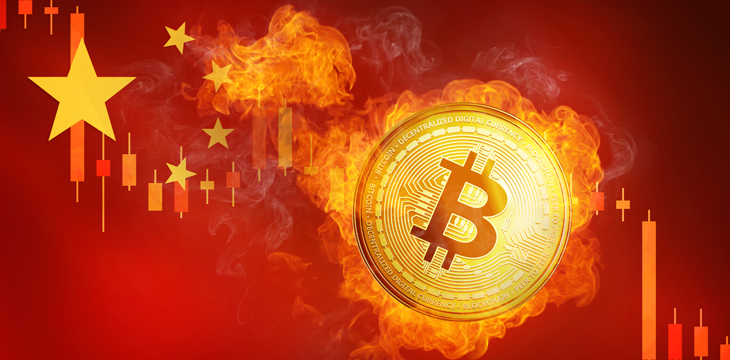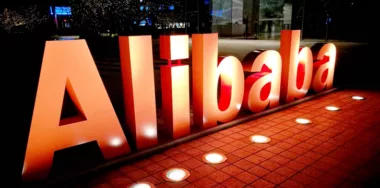Much has been said about the recent Bitcoin Cash (BCH) hash war, and its conclusion—with the ABC camp declaring premature victory thanks to an artificial burst from “rented” hash power—has brought forth even more questions like, why did ABC and its supporters wasted millions of dollars of their money and tens of millions of other people’s money in the fight? What’s in it for them?
Far from creating a state of anarchy, it appears that the ABC faction may have been working for the Chinese government after all.
In early December, a lawsuit launched by Florida-based blockchain company United American Corp. (UAC) accused Bitmain, its co-founder Jihan Wu, along with his “team of conspirators” composed of Bitcoin.com CEO Roger Ver, ABC developers Amaury Sechet, Shammah Chancellor and Jason B. Cox, as well as Kraken and its CEO, Jesse Powell, of working “with the knowledge and support of the Chinese government to stage a premeditated hostile takeover” of the BCH network.
The Chinese government is known for its hardline approach towards cryptocurrency-related activities, banning cryptocurrency exchanges and initial coin offerings (ICOs) last year. But the country’s central bank, the People’s Bank of China (PBOC), is also planning its own digital currency—the central bank digital currency (CBDC)—as part of the government’s bid to have more control over the country’s financial system.
The CBDC project was the brainchild of former PBOC Governor Zhou Xiaochuan, who has made it his goal to protect the country from technologies that are “designed and controlled by others,” like Bitcoin.
To date, the Chinese central bank has registered 78 digital currency patents, Bloomberg reported. PBOC also ranks fifth in the world when it comes to blockchain-related patents, with 44 as of August, according to China’s IPRdaily. One of its more recent patents, filed in June, is for a digital wallet that will allow users and business to trade their yuan for digital currency, which can be used for payments. Users can also track their transactions using the wallet, which will be built in coordination with a centralized digital currency issuance registration agency. In short, the PBOC will be able to track all transactions too.
In comparison, nChain has been making an effort to patent new ideas and technology in a bid to protect the technology rather than stifle development. With nChain’s protective patents, the technology can be used by people developing on the SV chain, but not by malicious actors such as the Chinese government.
ABC’s end game plan
So how does the ABC faction fit in all of this?
It would be recalled that on the November 15 network upgrade, a sudden huge wave of hash magically came to support ABC. This is all thanks to Bitcoin.com’s pool, which boosted its BCH for only 24 hours by moving customer hash from the BTC chain. ABC also received more support from “rented” hash from BTC mining pools controlled or friendly to Bitmain. In exchange, Bitmain must pay to subsidize the difference in lower revenue miners receive on the BCH chain when total hash rate grows, compared to mining on the more profitable BTC network, which BTC.top CEO Jiang Zhuoer estimated can cost over 100 million yuan ($14 million) per day.
The rented hash supporting ABC is temporary, which means the endeavor was a losing proposition for Bitmain and the rest of the group. Now, the ABC camp is also being accused of being backed by the Chinese government, all in an effort “to centralize the Bitcoin Cash network resulting in Chinese entities now having established dominance over this important segment of the cryptocurrency market with proprietary software checkpoints and instituting other means of control over the system,” according to the UAC lawsuit.
The hash war may have ended, but it’s clear that the fight to bring the truth to light has just begun. It’s also clear that the attacks on the original Bitcoin, first with Bitcoin Core (BTC) and more recently with ABC, have cost the ecosystem a lot of time—in development and in pushing for adoption.
But with everybody coming together on Bitcoin SV, the only cryptocurrency the only coin that can massively scale on chain and also provides for fast transactions at low fees, it’s only a matter of time before we achieve the original Satoshi Vision for Bitcoin—that of a “peer-to-peer electronic cash system.”
We’re inviting everyone—from exchanges to payment processors, miners, merchants, app developers and others—to work with us and make Bitcoin SV global money today.
New to blockchain? Check out CoinGeek’s Blockchain for Beginners section, the ultimate resource guide to learn more about blockchain technology.








